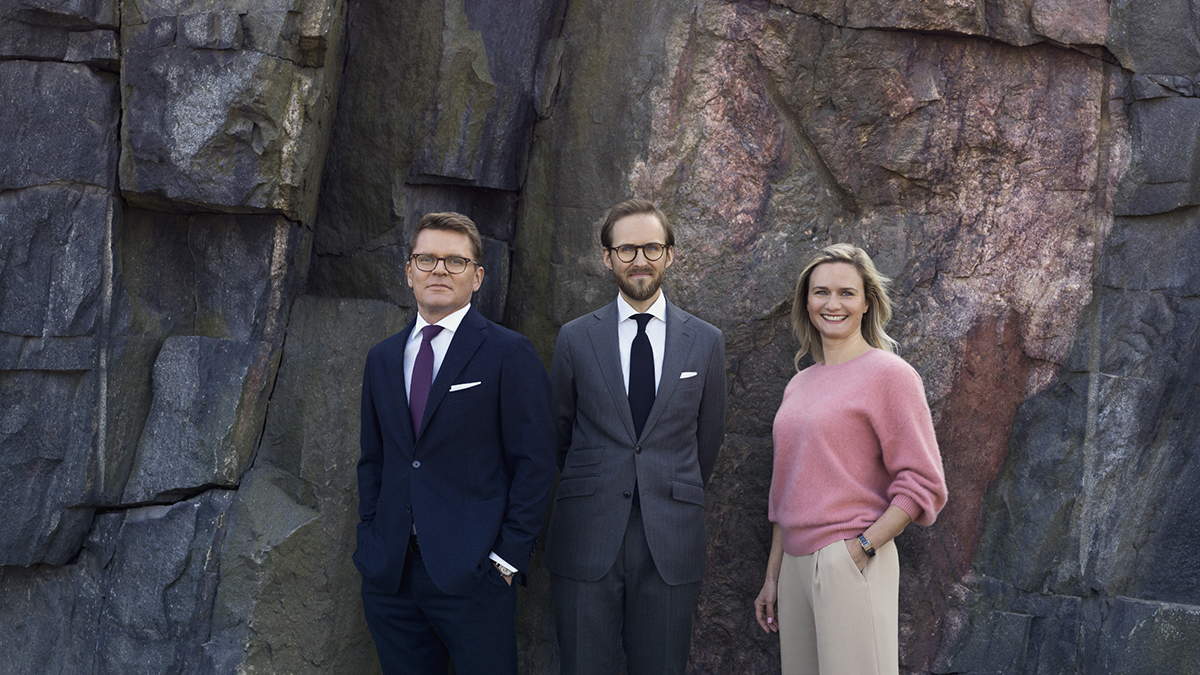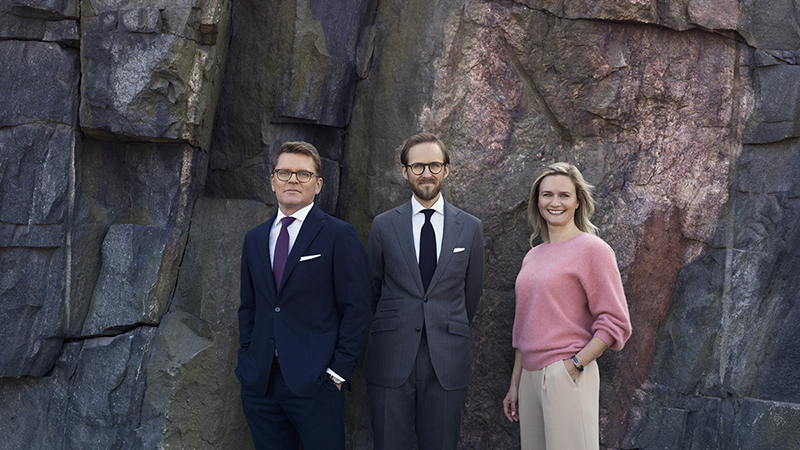We are coming out of the pandemic, but the world is not the same. These exceptional months have permanently altered business. They have accelerated digitalisation and the green transition. They have irreversibly changed human behaviour and the way we work. They have polarised the business world into winners and losers. Global economic stimulus has reached a scale that has never been seen before, and no-one knows where this will ultimately lead.

These are not the only big changes in the air. The crisis of the pandemic highlighted the role of business owners and boards of directors, but that role has been changing for other reasons, too. The way that companies create value is changing rapidly. Steering the value of a company can no longer be successfully done using short-term financial metrics, but requires owners to have more extensive expertise, vision and an understanding of the times. Companies are expected to act sustainably, and success is more and more linked to how well a company pays attention to its stakeholders.
Stakeholder thinking is nothing new, but combined with sustainability, it forms a new kind of attitude to the basic purpose of a company: if society as a whole is considered a stakeholder, this can lead to a sustainable and responsible business. Good profits alone are no longer enough, as investors, customers, legislators and even courts demand that business owners act sustainably. If a company does not act itself in time, it might be forced to act in a way dictated by outside forces.
The market economy is once again shedding its skin and guiding companies towards change. It is important for companies to better understand their internal and external stakeholders and seek to meet their needs. As things stand, few companies are able to identify and anticipate the impacts of sustainability requirements and create added value for new stakeholder groups.
One thing remains unchanged, however. The most important task of business owners is to secure the positive development of company value. When it comes to how that value is created, however, there is no turning back. The future will call for more dialogue, new skills, vision, and above all, courage.















